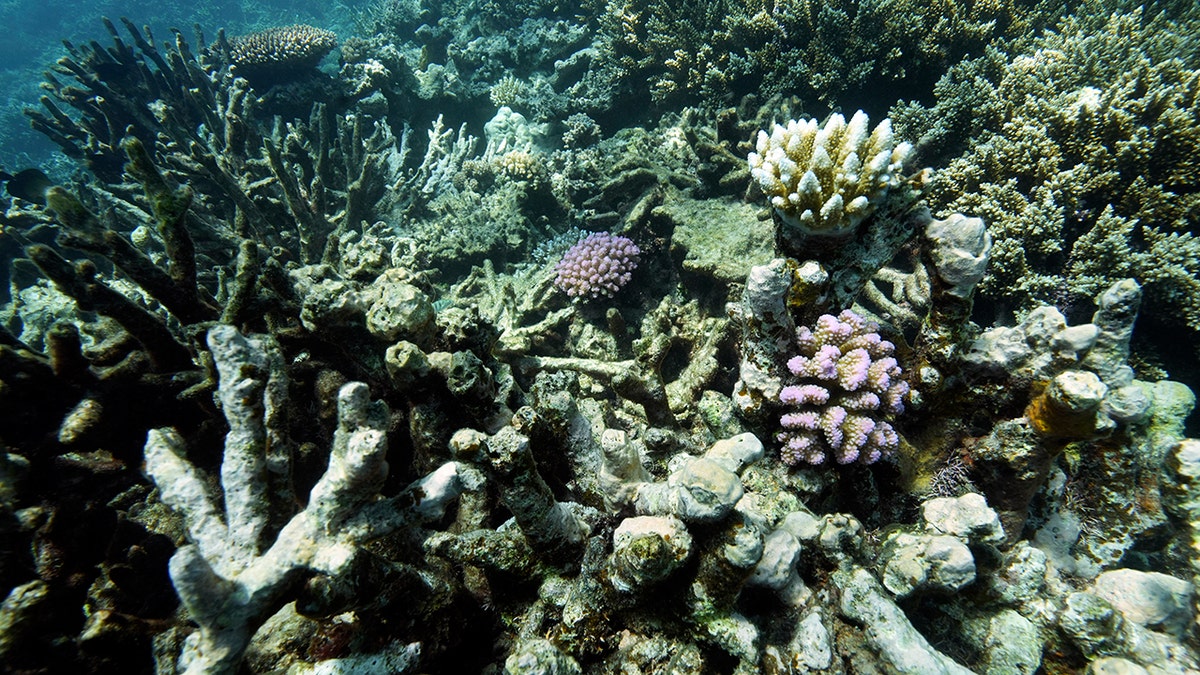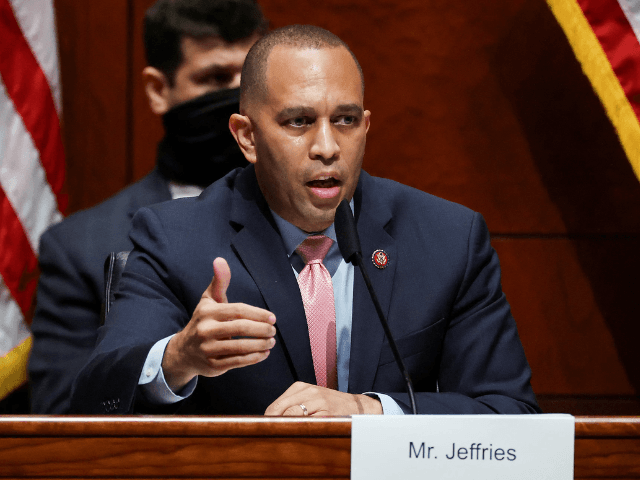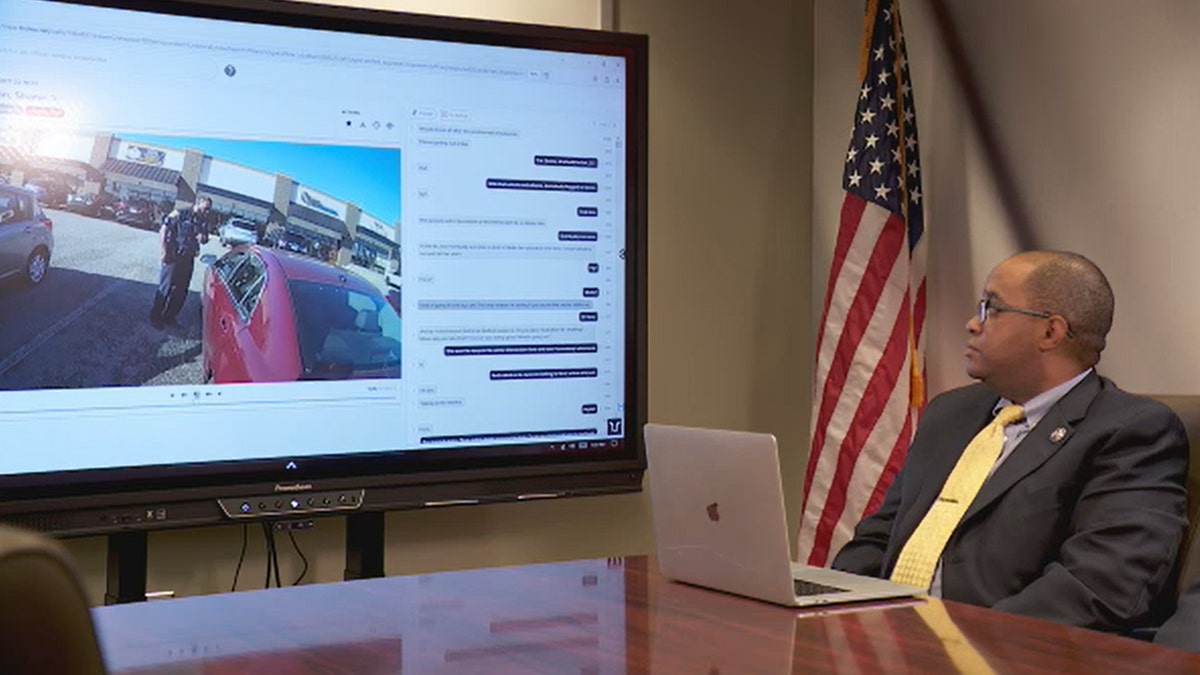The International Seabed Authority (ISA), headquartered in Jamaica, recently convened a two-week conference to address the contentious issue of deep sea mining. This gathering follows the ISA's missed deadline for finalizing regulations governing this practice in international waters. While the ISA has granted over 30 exploration licenses, no provisional mining permits have been issued to date.
The central debate revolves around balancing the potential economic benefits of extracting valuable metals used in green technologies like electric car batteries against the significant environmental risks. Several nations have expressed concerns and called for a moratorium or outright ban on deep sea mining, citing the potential for irreversible damage to fragile ecosystems. Scientists warn that mining activities could disrupt the delicate balance of the deep ocean, generating noise and light pollution, and creating plumes of sediment that could smother marine life. The minerals targeted by these operations take millions of years to form, raising concerns about the long-term sustainability of this practice. Mining companies, however, contend that deep sea extraction is less environmentally damaging and more cost-effective than terrestrial mining.

Much of the current exploration activity is concentrated in the Clarion-Clipperton Zone, a vast area spanning 1.7 million square miles between Hawaii and Mexico, at depths of 13,000 to 19,000 feet. Canada recently voiced its support for a moratorium, emphasizing the lack of a comprehensive regulatory framework and a thorough understanding of the potential environmental consequences. The Canadian government underscored the international community's shared responsibility to protect the ocean for future generations.
The ISA's 36-member council is slated to discuss this matter, but a vote on permitting deep sea mining remains uncertain due to significant divisions among members. Legal experts suggest several possible outcomes: the establishment of a regulatory framework by year's end, referral of the issue to the International Tribunal for the Law of the Sea if consensus proves elusive, or the submission of a work plan by a mining company, triggering a council vote. The ISA council president urged members to strive for consensus during the conference, expressing hope for a resolution within the two-week timeframe.








